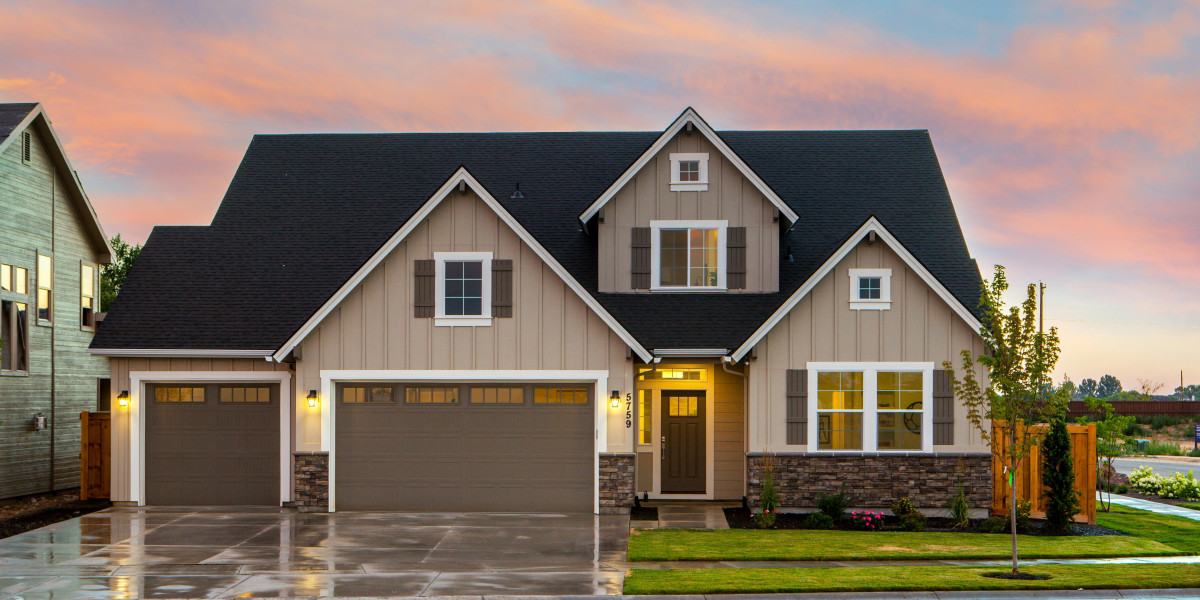Buying a second home can be an exciting way to build wealth and secure a stable financial future. Unlike purchasing a primary residence, investing in a second home requires careful planning and a clear understanding of your goals. Whether you aim to generate rental income, enjoy occasional vacations, or flip the property for profit, knowing how to approach this process can make all the difference.
Understand Your Investment Goals
Before diving into the market, clarify why you want a second home. Are you seeking:
Rental income: Earning money through long-term or short-term tenants.
Appreciation: Buying in areas where property values are likely to rise over time.
Vacation enjoyment: A personal getaway that may also serve as an investment.
Defining your goals will guide your budget, location choices, and financing options.
Evaluate Your Financial Situation
A second home is a major financial commitment. Assess your finances to ensure you are ready for this investment:
Savings: Ensure you have enough for a down payment, typically 20% or more.
Debt-to-income ratio: Lenders often require a lower ratio for second home mortgages.
Emergency fund: Plan for unexpected costs like repairs, maintenance, and vacancies.
Having a clear financial picture helps you avoid overextending yourself.
Research the Best Locations
Location is critical in real estate investment. Focus on areas that match your goals:
High rental demand: Cities or vacation spots popular with tourists or professionals.
Growth potential: Emerging neighborhoods with increasing property values.
Accessibility: Consider transportation, amenities, and local attractions.
Analyzing trends and local real estate markets can maximize both rental income and long-term appreciation.
Choose the Right Property Type
Second homes can vary widely, from condos and townhouses to single-family houses or luxury estates. Each has pros and cons:
Condos: Lower maintenance but may have HOA fees and restrictions.
Single-family homes: More space and freedom, often higher appreciation potential.
Vacation rentals: Attractive for seasonal income but may require more management.
Pick a property that aligns with your investment strategy and lifestyle needs.
Understand Financing Options
Financing a second home is different from buying a primary residence:
Mortgage rates: Second homes often have slightly higher rates.
Down payment requirements: Usually 20–25% or more.
Loan approval: Lenders may require strong credit and proof of income stability.
It’s wise to shop around and compare options to find the best mortgage solution for your investment.
Calculate Potential Returns
Before committing, run the numbers to estimate profitability:
Rental income: Estimate monthly rent and factor in seasonal variations.
Expenses: Include mortgage payments, taxes, insurance, utilities, and maintenance.
Appreciation: Consider the potential increase in property value over time.
Understanding your expected cash flow helps you make a realistic investment decision.
Plan for Property Management
Managing a second home, especially if it’s a rental, can be challenging:
Self-management: Gives you control but requires time and effort.
Professional management: Property managers handle tenants, maintenance, and emergencies for a fee.
Decide which option suits your availability and investment style.
Consider Tax Implications
Owning a second home can affect your taxes:
Mortgage interest deduction: Often allowed for second homes.
Rental income: Must be reported and may be taxable.
Depreciation: Can offer tax advantages for rental properties.
Consulting a tax professional ensures you comply with laws while maximizing benefits.
Inspect and Evaluate the Property
Never skip a thorough inspection before purchasing:
Structural integrity: Check for foundation issues, leaks, or major repairs.
Appliances and systems: Ensure plumbing, electrical, and HVAC systems work.
Neighborhood evaluation: Safety, amenities, and community rules matter.
A careful inspection prevents costly surprises and protects your investment.
Make a Strategic Offer
Once you find the right property, negotiate wisely:
Market analysis: Compare similar properties to determine a fair price.
Flexibility: Consider closing dates, contingencies, or incentives.
Professional support: A real estate agent can provide valuable guidance.
Strategic negotiation can save thousands and improve long-term returns.
Prepare for Long-Term Ownership
A second home investment is more than a purchase—it’s a commitment. Plan for:
Maintenance and upgrades: Keep the property in top condition.
Market fluctuations: Be prepared for periods of lower appreciation or rental demand.
Exit strategy: Decide whether to hold, sell, or convert the property later.
Long-term planning ensures your investment continues to meet your financial goals.
Buying a second home for investment can be rewarding when approached with careful planning, realistic expectations, and a clear strategy. By understanding your goals, evaluating finances, researching locations, and managing your property wisely, you can turn your second home into a valuable asset that builds wealth and security.
Important Links
Co-Working Spaces vs Traditional Offices in Singapore
Tax Implications for Foreigners Buying Property in Singapore
Best Neighborhoods to Live in Singapore for Families
Singapore Commercial Real Estate Market Outlook
Affordable Housing Options in Singapore: A Complete Guide
Why is Singapore Real Estate So Expensive
Is Singapore Real Estate a Good Investment in 2025
Can Foreigners Rent Out Property in Singapore
Understanding Condo Rental Yields in Singapore













